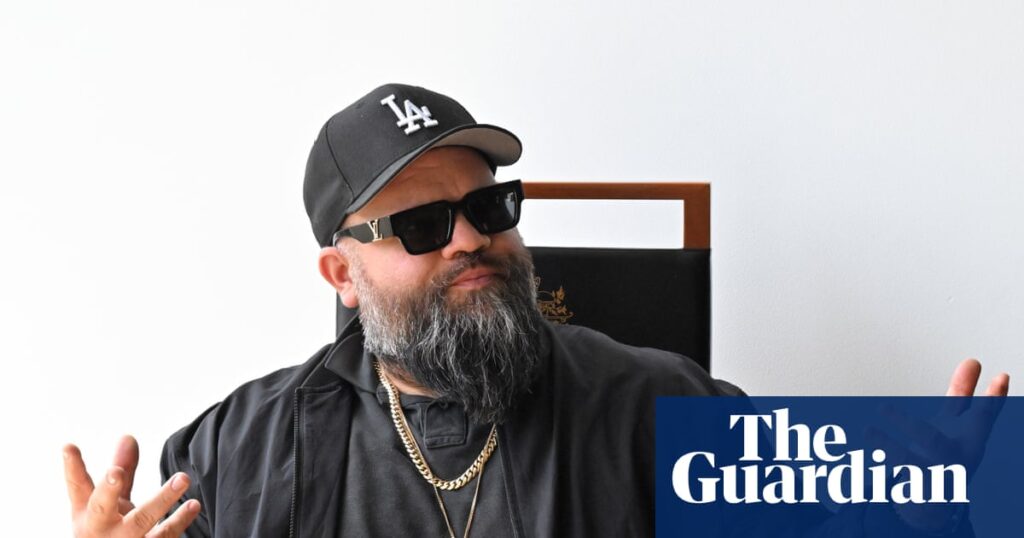
The Productivity Commission is facing criticism for its recent report on artificial intelligence (AI), which has sparked a heated debate over the protection of Australia’s creative industry. The report, which suggests allowing data mining exemptions for tech giants to train AI models, has drawn ire from artists and lawmakers alike. First Nations rapper Adam Briggs has warned that it will be “hard to get the genie back in the bottle” if Australia permits companies to exploit Australian creativity without fair compensation.
Briggs questioned the fairness of the proposal, asking, “Why is it a radical notion that artists should be compensated for their work?” His concerns were echoed during a national cultural policy inquiry in Canberra, where senators criticized the commission for what they perceived as a failure to defend the interests of artists.
The Debate Over Data Mining Exemptions
Liberal senator Sarah Henderson was particularly vocal, accusing the commission of “abandoning creative industries” by suggesting that it is not “realistic” to prevent Australian data from being used to train generative AI models overseas. “You, I would put to you, are waving the white flag rather than standing up for our creative industries; you’re saying very clearly it’s not realistic that you could stop this. Copyright in this country is worth protecting,” Henderson stated. She questioned the benefits to Australian artists whose work might be exploited by AI technologies.
In defense, productivity commissioner Julie Abramson emphasized that the commission is open to exploring various policy approaches, including licensing agreements for artists. “We are consulting fully on this. One of the purposes of our interim report is to seek feedback on these issues,” she noted, highlighting that over 400 submissions had been received in preparation for the final report.
Current Copyright Laws Under Scrutiny
Stephen King, another productivity commissioner, acknowledged the inadequacy of Australia’s current copyright laws in the context of AI. “The problem at the moment is that when the copyright material is being used for training AI engines overseas, Australian creatives are not getting the benefits in general … and Australia is not getting the benefit of the development here,” King explained.
The interim report, released in August, proposed a text and data mining (TDM) exemption to the copyright act, which would allow tech companies to use copyrighted work to train AI models. However, the commission admitted during the inquiry that it had not consulted with the creative industry or assessed the potential economic impact of this recommendation.
Creative Industry’s Response and Government Stance
Greens senator Sarah Hanson-Young criticized the commission for overlooking the creative industry’s value, pointing out that consultations were held with major corporations like Microsoft and OpenAI, but not with artists. “You consulted with a lot of other players but you didn’t consult with the creative industries,” she remarked. “I’m really interested to know who … told you this was a problem, that there needed to be an exemption, or that copyright was an issue.”
Meanwhile, the government is deliberating its regulatory approach to AI, with no immediate plans to amend copyright laws. Prime Minister Anthony Albanese has reiterated his administration’s support for the arts, affirming that “copyright and intellectual property is important.”
Artists, including Holly Rankin, known by her stage name Jack River, have urged the government to reject TDM exemptions. Rankin advocated for licensing agreements as the only fair compensation method for artists, citing existing deals with organizations like NewsCorp and the Guardian. “A [TDM] exception to the copyright act is not a technical tweak or small change, it would be a fundamental dismantling of our copyright system legalising the theft of Australian culture at scale,” she argued. “The truth is simple, technology companies are able to pay for licenses, they just don’t want to.”
Looking Ahead: The Future of AI and Creativity in Australia
The ongoing debate highlights the tension between technological advancement and cultural preservation. As Australia grapples with the implications of AI on its creative landscape, the outcome of this policy discussion could set a precedent for how nations balance innovation with the rights of creators.
The government’s next steps will be closely watched by stakeholders across the creative and tech industries. The final report from the Productivity Commission, expected later this year, will likely shape the future of AI regulation and its intersection with copyright law in Australia.







